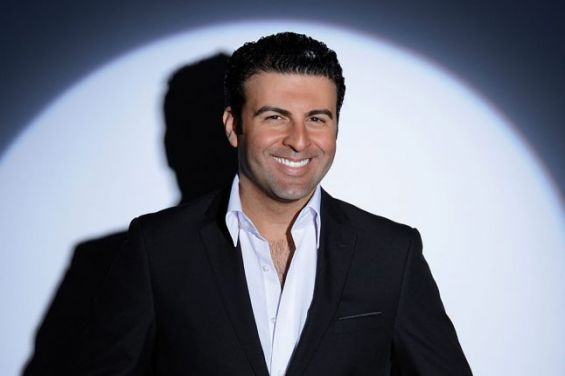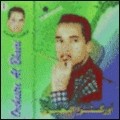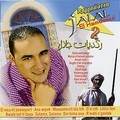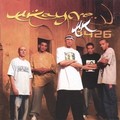Living on the other side of the Atlantic ocean, David Serero, born in Paris, did not forget his Moroccan origins which have always been an inspiration to him. He managed to perform a Judeo-Moroccan version of «Othello, the Moor of Venice», the famous play of Shakespeare, in July 2016 at the Jewish History Center in Manhattan.
«It was while living in the United States that I realized that I was more Moroccan than anything else. It is when you are far from everything that you realize who you are. My temperament, my desire to create, to do things, the way I go to people, hand on the shoulder, always with a smile saying 'do not worry, we'll find a solution', it 'is very Moroccan,'» he told Yabiladi. «I think it influences my work on and off-stage: to me, there are never problems, only solutions. On-stage, I'm never in restraint, I give absolutely everything. I want the viewer to leave extremely happy. I go on stage so that everyone in the room gets to spend a very beautiful evening. This philanthropic side, it comes from Morocco,» he assures.
As a teenager and contrary to thousands of other Moroccans living abroad, David spent his summers in France. «I was not often traveling, I was staying in Paris. I was going to Morocco only in January and February, when it was very cold in France». «I believe I was the only Moroccan who lived back then in St. Petersburg when it was -20 degrees. I hated fall, I had three jackets and five sweaters on ...» he joked.
«A Moroccan at the opera, we needed one!»
Yet in Russia, where he lived for two years, his peers and teachers discovered in him a highly interesting potential. For a few years already, David Serero «knew» that it would be opera or nothing: «I have always sung. I was doing theater and piano. I was advised to get closer to the musical. At that time, I was already living in New York. I was 20 years old. When I started performing on stage in musicals, I was told that I had a voice for opera. Then one evening I went to the opera, completely by chance. That same evening, on my way home, I said to myself, 'That's what I want to do'. Of course, like all Moroccans, when you decide something, you go all the way for it.»
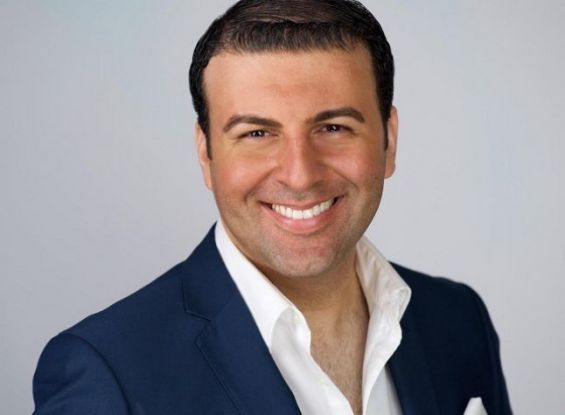
When he made his debut, unconvinced - «I thought we had to weigh 300 kilos (660 pounds) to be able to sing!» - David Serero was nothing like the clichés that governed this school of art coming from Italy. «When I started, I heard everything. I was told 'but you're a Moroccan, what do you know about opera ?», he said. Faced with his growing passion, his Russian teachers disregarded his origins : «They adored me because they knew I was passionate even when I did not have the technical and vocal means they had. It was extraordinary.»
«I tried to bring my own dynamism, I changed the way with which we talk about opera and how we do opera concerts. I am very proud of that. Moroccans like to break the barriers. That's why a Moroccan opera, there's not that much. We needed one!» Morocco taught him how to be «a better Jew». «It is the only country where there are no Muslims, no Jews, no Catholics; There are only Moroccans,» he said in reference to King Mohammed V, who protected the Moroccan Jewish community from Nazis during World War II. «When asked if I am Jewish, I say yes, of course, but I also say that I am a Moroccan first. This is my way of paying tribute to Mohammed V, who refused to deliver Jews to the Nazis. When I played 'Othello', at the end of each performance we paid tribute to all Moroccans, Mohammed V, Hassan II and Mohammed VI. I am so proud of Morocco.»
Young girls who look like «Anne Frank»
In France, relations between religious communities are not the same, says David Serero. «Now, when you go into a synagogue, there are two police cars, you almost feel like you're going into a bank. In Morocco, there are no such problems. It is a matter of temperament, of education. Moroccans have the notion of respect for parents. I always say that when a Moroccan loses that value, he already puts a foot in jail». From the United States, where he lives since 2014, he salutes «Jews and Muslims who dance and sing together, far from political considerations».
He who is also a producer of musical comedies remained close to the French Jewish community. On the 12th of June 2009, he participated to the commemoration of the 80th anniversary of Anne Frank as part of the Festival des cultures juives in Paris (Jewish culture festival of Paris). «It was more a question of culture than of religion. Today there are plenty of girls who are victims of human stupidity, like the one who was sexually assaulted on a bus in Casablanca. This girl is also an Anne Frank,» said the 36 year-old singer.
As for the «Forbidden Talents», which he created to promote the works of artists banned by the Nazi regime, the artist emphasizes the importance of putting forward «Jewish and non-Jewish musicians whose music was banned» . «They wrote beautiful music, even in concentration camps. It was necessary to make this music, these partitions accessible to musicians in the conservatories.»
Today, David Serero's great project is to make the opera accessible to all. He aims to create the Opera Festival in Morocco, «maybe in 2018,» he said. «Opera has its place there. The Moroccan public is very intelligent and cultured. Moroccans taught me one thing: culture does not mean knowing everything about Molière and Shakespeare, or Chopin's piano pieces by heart. Culture, can be a journey, to tell of one's day, a smile, a flower. Moroccans, in this sense, are extremely cultured».




 chargement...
chargement...



